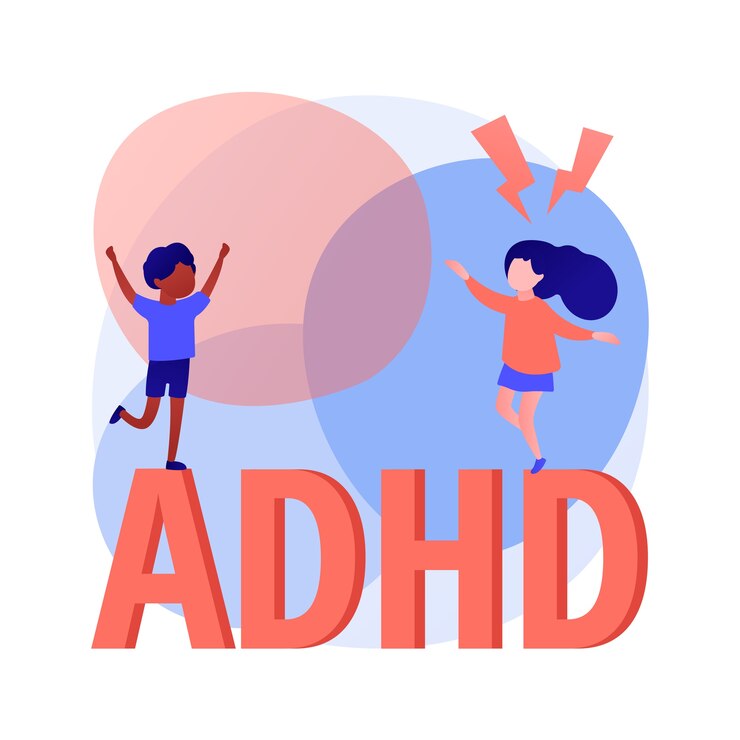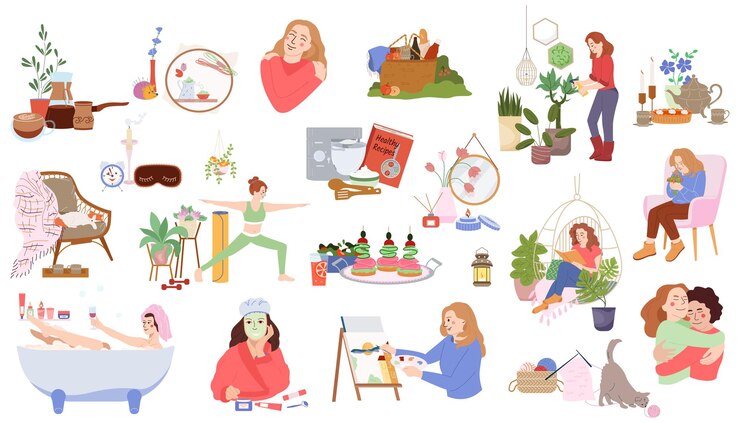
If you’re feeling overwhelmed by having a child with ADHD, know that you’re not alone. These practical steps come from a child therapist who is also a mom to an ADHD child, and they’re designed to help you move forward with clarity and confidence. Caring for a child with ADHD can be both emotionally and mentally challenging, but by following these 5 tips, you can maintain perspective and foster a happier environment for both you and your child.
### Table of Contents
**Can I be real with you?**
Some days, I wonder what my life might be like if I wasn’t raising a child with ADHD. I imagine having more patience because I wouldn’t be using every bit of it on handling emotional outbursts and unexpected tantrums. I wonder if my home would be more organized if it weren’t for the impulsivity that leads to sneaky ice cream missions and sticky messes. I think about how I might be more of the “fun mom” without constantly needing to enforce strict routines and predictability.
Typically, I have these thoughts on days when raising a child with ADHD feels overwhelming, and the idea of parenting a unique child makes everything seem harder. It’s on these days that I think other parents have it easier, and that my vision of family life has slipped away.
Thankfully, seven years in, these moments are less frequent. With time comes hope, growth, and possibility. On days when you feel like you’re drowning in exhaustion and chaos, keep these ideas in mind to help stay focused on what really matters: the well-being of both you and your child.
**Pause When You Need To**
Allow yourself to hit the pause button when you feel you’re reaching the end of your rope. Often, situations with your child aren’t true emergencies, and both of you will benefit from taking a break and then revisiting the situation with a calmer mindset.
When everything around you feels chaotic, pause and check in with yourself. Notice your emotions and how your body is reacting. Are you frustrated and resentful because your child keeps making the same mistakes? Are you worried they’ll never learn to clean up after themselves? Whatever you feel, it’s okay.
Step one is accepting your emotions as they are. Emotions are temporary, and when we acknowledge them, we can let them pass. Having thoughts and feelings about your child’s challenges doesn’t make you a bad parent. By being mindful of these emotions and avoiding reactive frustration or criticism, you can better support your child and strengthen your relationship.
**Accept the Challenge**
You didn’t anticipate having a special needs journey when you became a parent. Adjusting to the unique challenges of ADHD takes time, patience, and self-compassion.
Being a parent to a child with ADHD can make even the best parents doubt themselves. If you believe that your child’s ADHD behaviors reflect poor parenting, it’s important to challenge these thoughts with realistic and truthful thinking: “I’m doing the best I can today, and so is my child.” It’s not up to outsiders to judge ADHD symptoms; that falls to you, the loving parent.
Find ways to process these complex emotions, whether by talking to another special needs parent, journaling, or practicing mindfulness.
**Focus on the Positives**
Helping a child with ADHD manage negative behaviors involves emphasizing their strengths and not just addressing what they struggle with. During tough times, remember your child is more than their behaviors. Reflect on what makes them amazing, like the words of Fred Rogers: “I love you just the way you are.”
Understanding your child’s positive traits will get you through difficult periods. Recognize that challenging behaviors are temporary. Your child’s brain continues to develop and gain vital skills for self-regulation, with your unwavering support.
**Repair and Connect**
When you feel your patience wearing thin, use this as a sign to nurture the relationship. A warm, secure connection is essential for every child, especially those facing additional hurdles.
Step back from your parental “control center” and let minor issues slide for a day. Focus instead on creating joy and laughter with your child. These moments of connection are therapeutic and can break the cycle of behavioral challenges.
Remember, the greatest lessons in life often stem from the greatest challenges. Over time, I’ve seen my patience grow, recognized that a spotless house isn’t what really matters, and learned to embrace routine.
Pause, breathe, and trust that your child will be okay. They have something incredibly important on their side: a loving, dedicated parent who’s in their corner.
P.S. If you need more support on your ADHD parenting journey…



